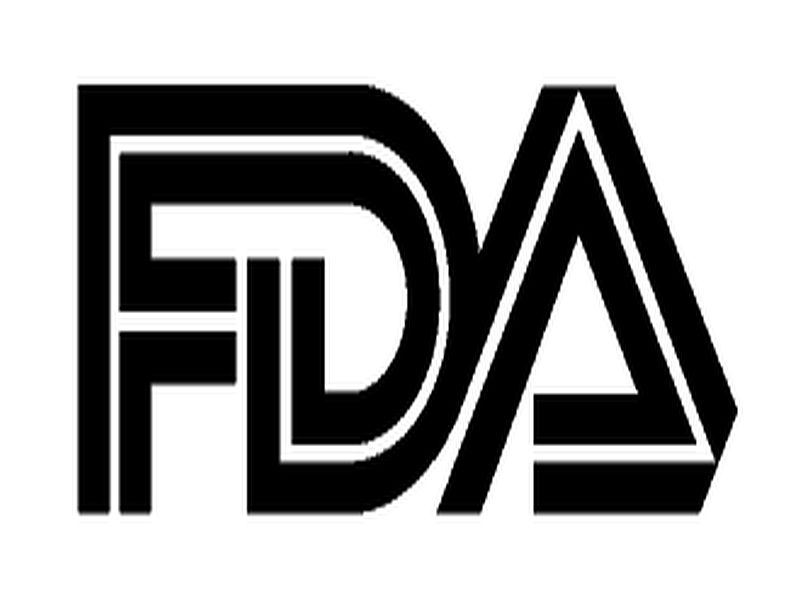Soliris Approved to Treat Neuromyelitis Optica Spectrum Disorder

FRIDAY, June 28, 2019 (HealthDay News) -- The U.S. Food and Drug Administration has approved Soliris (eculizumab) injection as the first treatment for neuromyelitis optica spectrum disorder (NMOSD), the agency announced Thursday.
Soliris is indicated for intravenous use (300 mg/30 mL injection) in patients with NMOSD who are anti-aquaporin-4 (AQP4) antibody-positive.
In a 48-week clinical study of 143 patients with NMOSD who were anti-AQP4-positive, patients randomly assigned to treatment with Soliris experienced a 94 percent reduction in NMOSD relapses compared with patients assigned to placebo. The need for hospitalizations and corticosteroid and plasma exchange treatment for acute attacks was also reduced with Soliris. The most frequently reported adverse reactions were upper respiratory infection, nasopharyngitis, diarrhea, back pain, dizziness, influenza, arthralgia, pharyngitis, and contusion.
A boxed warning label for Soliris indicates that patients treated with Soliris have had life-threatening and fatal meningococcal infections. The FDA notes that patients should be monitored for early signs of meningococcal infection, which should be recognized and treated early. Soliris is only available through the Risk Evaluation and Mitigation Strategy program. Prescribers should counsel patients about the risk for meningococcal infection and ensure they are vaccinated at least two weeks prior to the first administration of Soliris.
Approval was granted to Alexion Pharmaceuticals.

The news stories provided in Health News and our Health-E News Newsletter are a service of the nationally syndicated HealthDay® news and information company. Stories refer to national trends and breaking health news, and are not necessarily indicative of or always supported by our facility and providers. This information is provided for informational and educational purposes only, and is not intended to be a substitute for medical advice, diagnosis, or treatment.

